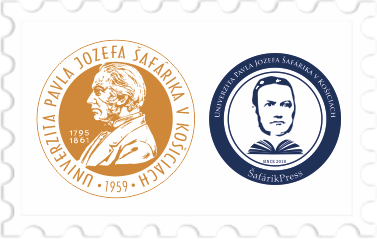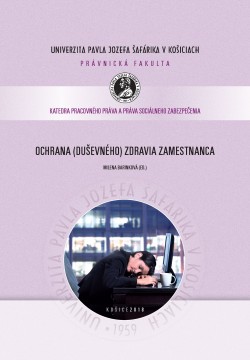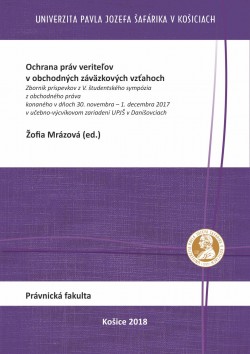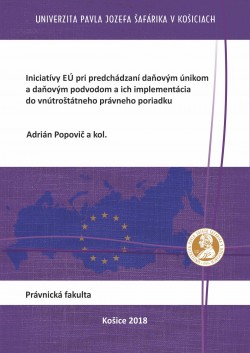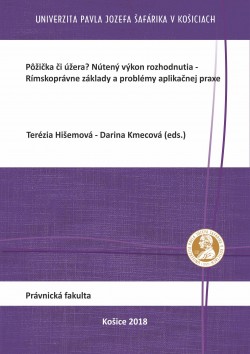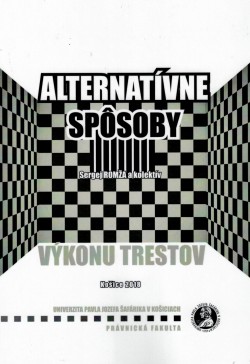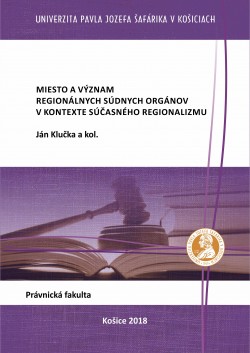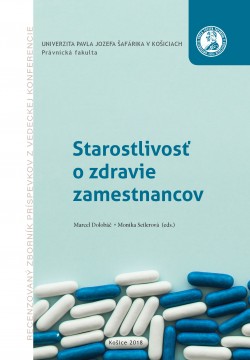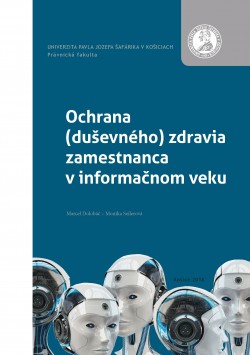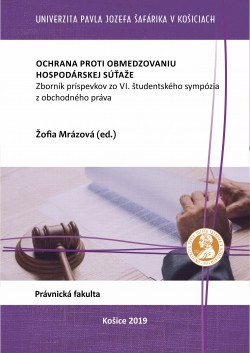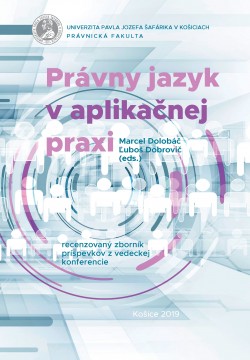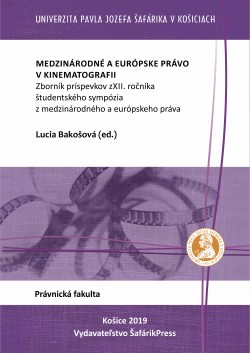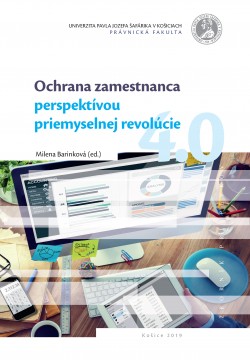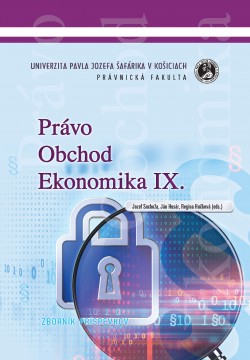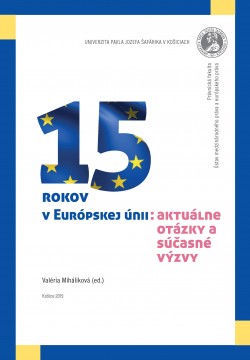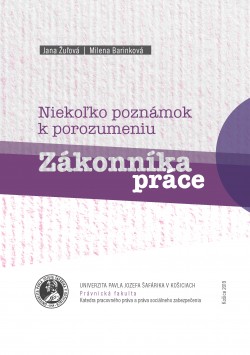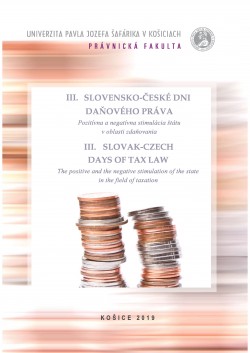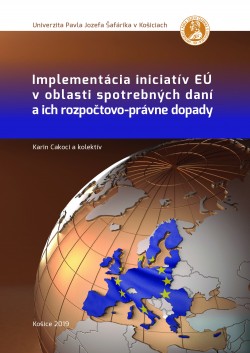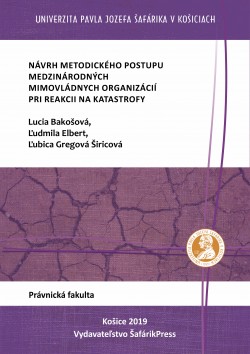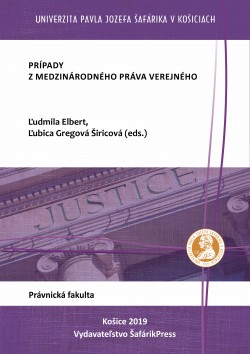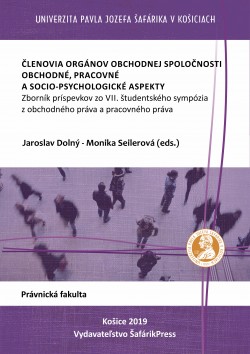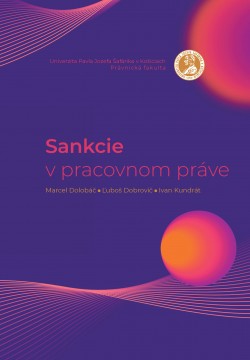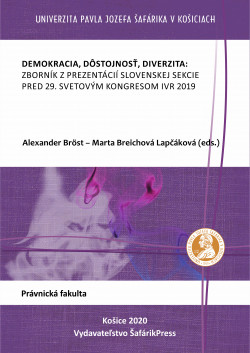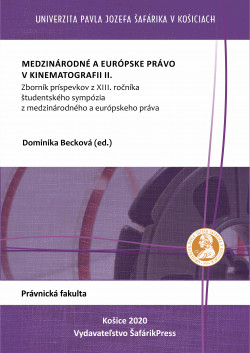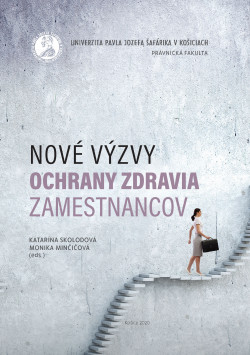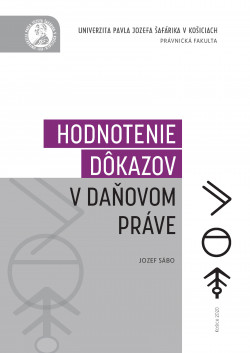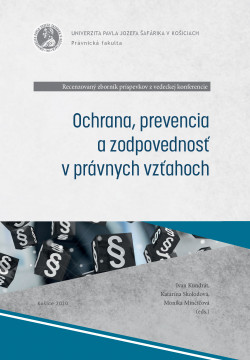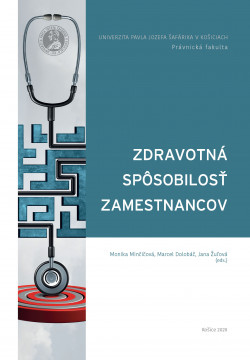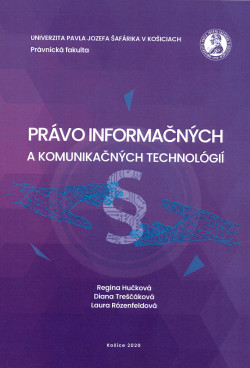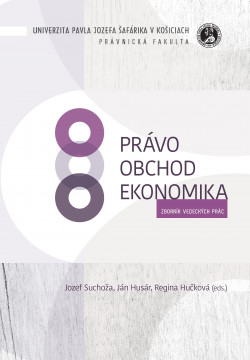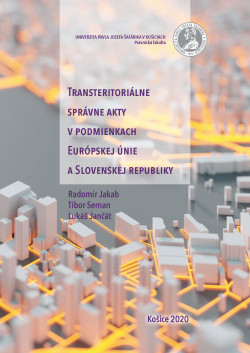No products
Product successfully added to your shopping cart
There are 0 items in your cart. There is 1 item in your cart.
We teach law experientially
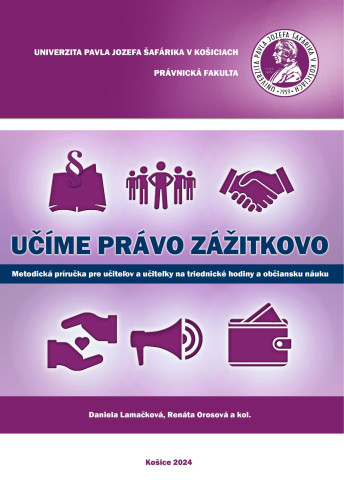
Online only
978-80-574-0341-8
Printed publications - for sale
Kľúčové slová:
Data sheet
| Authors: | Daniela Lamačková - Renáta Orosová - Beáta Sakalová - Diana Repiščáková |
| Year of publication: | 2024 |
| Available from: | 28.06.2024 |
| Edition: | 1st edition |
| Document type: | Handbook, commentary |
| Publication language: | Slovak |
| Number of pages: | 115 |
| Faculty: | Faculty of Law |
| Note: | Táto Metodická príručka vznikla v rámci projektu VVGS-2023-2616: Inovácia praktickej profesijnej prípravy triednych učiteľov implementáciou programu zážitkovej pedagogiky Street law |
| Licencia: | Creative Commons BY NC ND (Uveďte autora - Nepoužívajte komerčne - Nespracovávajte) |
More info
Methodological guide for teachers for classroom lessons and civics
Teaching law experientially? Is it even possible? The answers to these questions are provided by a methodological guide that uniquely links experiential learning methods with legal content. This methodological guide is a set of techniques based on the use of interactive and participatory learning methods, focusing on selected human rights and value-oriented topics, which also have the potential to develop other key competences of students, such as their communication skills, their ability to learn and educate independently, their ability to think critically, their ability to work with and analyse texts, their ability to discuss and express their opinions, and their ability to listen to each other. The methodological guide consists of a set of training activities - techniques, while each technique contains a precise description of the procedure for conducting a specific activity, the expected duration of the activity, aids, discussion topics and also a short pedagogical and legal commentary, precisely "tailored" to the specific legal topic. The legal topics are chosen to be generally applicable to both classroom and civics lessons, to raise questions about the functioning of rules and the need to respect them, mutual respect and tolerance, and to encourage reflection on the limits of individual rights and on responsibility in exercising one's rights. The techniques use training methods such as group work, brainstorming, role-playing, dealing with model situations, as well as a simulated court process.
The methodological guide is intended for classroom teachers in the implementation of classroom lessons, and also for the purposes of the subject of civics, as well as for students of pedagogy at the Pavol Jozef Šafárik University in Košice.
